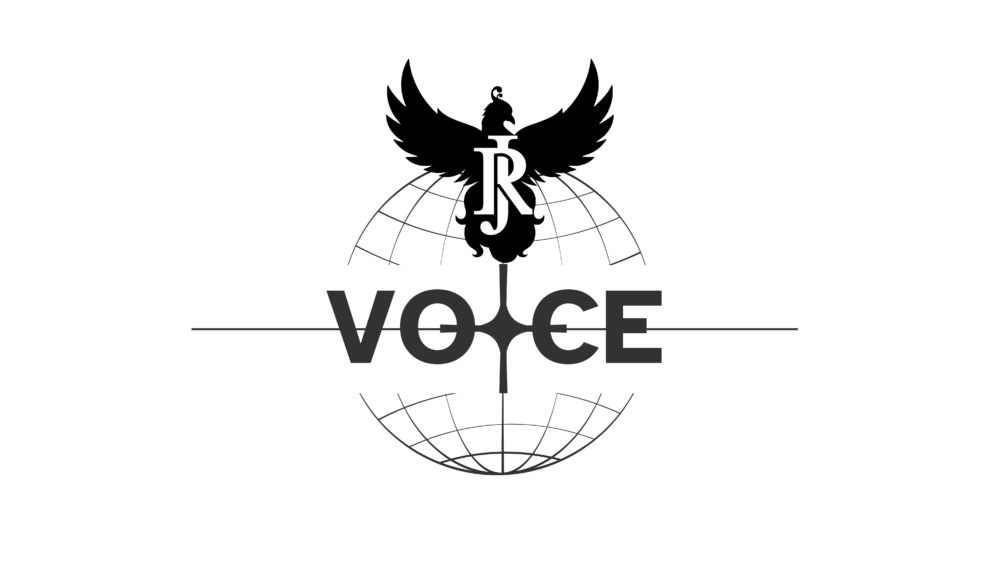At a two-day summit held in Naples, interior ministers from five Mediterranean EU nations—Italy, Spain, Greece, Cyprus, and Malta—renewed their call for bolstering the role of the European Border and Coast Guard Agency, Frontex, and increasing collaboration with third countries to facilitate the return of irregular migrants.
The meeting, known as Med5, concluded at the Royal Palace of Naples with a joint declaration aimed at advancing a unified strategy on key migration and asylum issues. The event was attended by the European Commissioner for Home Affairs and Migration, Magnus Brunner, and Frontex Executive Director Hans Leijtens.
Italian Interior Minister Matteo Piantedosi emphasized the necessity of enhancing Frontex’s capabilities, describing the fight against human traffickers as an ongoing priority. He also stressed the importance of assisted voluntary return programs for migrants, suggesting that these efforts should be backed by meaningful support for reintegration in their home countries.
According to Piantedosi, the European Union must secure consistent funding to support these initiatives and launch a dedicated strategy for voluntary returns. “This would mark a qualitative leap in creating a true common policy,” he said.
Responding to questions about the recent relocation of migrants to Albania, Piantedosi defended the decision, citing security concerns. He noted that of the 40 migrants transferred, several had criminal convictions, including for serious offenses such as sexual assault and attempted murder. He said the use of restraints during disembarkation was intended to ensure the safety of police officers and the public.
In their joint statement, the five interior ministers reaffirmed their support for the European Pact on Migration and Asylum and called for its swift implementation. They urged the EU to provide immediate, needs-based financial support to help frontline countries fulfill their responsibilities under the Pact.
The ministers also pressed for increased investment in both internal and external dimensions of asylum, migration, and border management within the EU’s next multiannual financial framework. They argued that border nations shoulder a disproportionate share of the burden and require greater support.
Human rights featured prominently in the declaration, with the ministers calling for innovative and lawful solutions to irregular migration that align with EU and international standards. They underscored the importance of an efficient return system as essential to maintaining the integrity of Europe’s asylum framework.
The Med5 countries urged the European Commission to initiate an international effort under the Global Alliance Against Smuggling of Migrants, focused on developing voluntary return mechanisms from transit countries to countries of origin. They proposed organizing an international conference to discuss best practices and implementation.
Spanish Interior Minister Fernando Grande-Marlaska echoed the sentiment, stating, “Respect for human rights remains our highest priority. It reflects the foundational values of the European Union.” He added that further dialogue with EU institutions is needed to assess the handling of migrant centers in Albania.
As the EU continues to grapple with irregular migration pressures, the Med5 summit signaled a push toward a more coordinated and well-resourced approach that balances border security with humanitarian obligations.































































